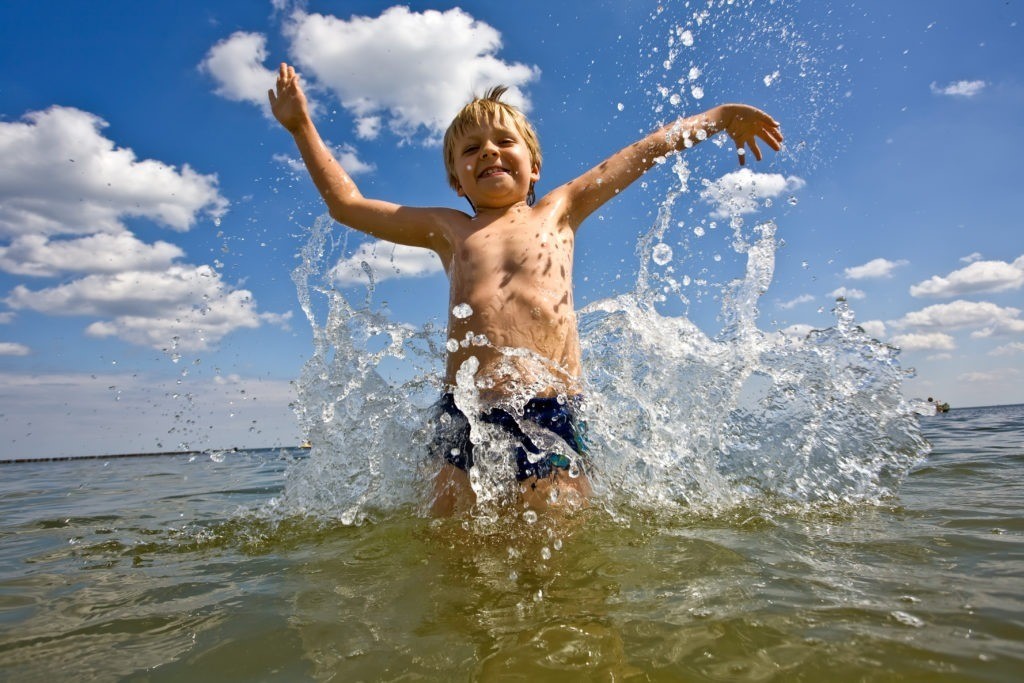
Before spending time on the water, you may be questioning if the water is safe to swim in. The Galveston Bay Report Card is here to help you have an easy way to answer these questions through the Human Health – Recreation indicator. In addition, the Report Card is a way to connect communities and individuals to valuable resources and work being done in the area.
For example, Galveston Bay Foundation’s Water Monitoring Team collects water quality data, including bacteria concentrations, at locations around the Bay monthly. The type of bacteria monitored is a fecal indicator bacteria (Enterococcus sp.) which is associated with guts of birds and mammals. Exposure to fecal bacteria can cause sicknesses such as rashes and skin irritation, as well as eye, ear, and respiratory infections. In addition to human health issues, these bacteria can also impair the oyster harvesting industry.
Fecal bacteria are introduced to the Bay system through polluted runoff, malfunctioning wastewater treatment systems, and boater waste discharge. In fact, stormwater runoff is considered a top reason for impaired streams in urban areas! Current efforts are underway to learn more, and Galveston Bay Foundation is working with academic partners to do further research and determine the source of most bacteria entering into Galveston Bay from local tributaries.
Luckily, bacteria monitoring has shown that most of the time bacteria levels in the open water of Galveston Bay are low enough to be considered safe for swimming. However, swimming in certain rivers, streams, and bayous that feed into the Bay may be discouraged.
But before diving in, check out one of the following resources for any advisories and things to watch out for.
- Visit the Texas Beach Watch website to see current measurements along gulf coast Texas Beaches.
- You can also visit https://www.theswimguide.org/to find your closest beaches, know at a glance which ones are safe for swimming, and share your love of beaches with friends and family. Swim Guide delivers free real-time water quality information for over 7,000 beaches throughout the world.
- Watch out for large amounts of algae floating in the water, or dead fish or wildlife in the area. If the water is very cloudy, unusually hot, or if it has just stormed, think twice before swimming!
What can I do to reduce bacteria in Galveston Bay?
- Properly dispose of your cooking fats, oils, and grease. Put them in the trash, never down the drain! ceasethegrease.net
- Pump out, don’t dump boater waste. pumpdontdump.org
- Reduce runoff by using a rain barrel. galvbay.org/rainbarrels
- Pick up after your pet. h-gac.com/community/pet-waste
- Properly maintain your septic system